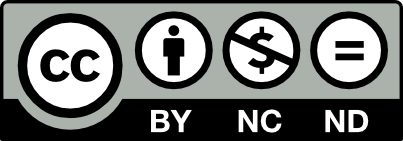Multi-word Sequences in Learner Corpora
A Corpus Analysis of Lexical Bundles
DOI:
https://doi.org/10.24191/cplt.v5i1.3224Keywords:
Corpus linguistics. Corpus-based. Multi-word sequence. Lexical bundles. Functional analysisAbstract
There have been longstanding attempts to establish frequency profiles of words which are specific to academic register in order to facilitate learners in composing fluent academic writing. A more noteworthy effort was by Coxhead who proposed the Academic Word List (Coxhead, 2000). Recent developments in the field have increasingly regarded multi-word sequences such as lexical phrases, lexical bundles, formulas and clusters as crucially important and functionally significant in the academic contexts (Simpson-Vlach & Ellis, 2010). The present study adopts a corpus-based approach to identify a type of multi-word sequence, i.e., lexical bundles in student academic writing. Lexical bundles retrieved from a corpus of Asian college student essays and a corpus of British university-level student writing are identified, analysed and compared using corpus-linguistic techniques. The results of the analysis show that certain lexical bundles share the same keywords. This keyword sharing characteristic suggests that lexical bundles are internally analysable although they are initially retrieved as continuous strings of words. Besides, there is no significant difference in the functional use of lexical bundles between the Asian learners and British native students. However, both Asian learners and British university students are found to prefer different types of lexical bundles. Simpson-Vlach and Ellis’s (2010) functional classification taxonomy (e.g., referential expressions, stance expressions, discourse organising functions) is used to categorise and analyse the items functionally. Finally this paper discusses the pedagogical implications drawn from the analysis.
Published
How to Cite
Issue
Section
License
Copyright (c) 2024 ANG Leng Hong, HE Mengyu

This work is licensed under a Creative Commons Attribution 4.0 International License.








